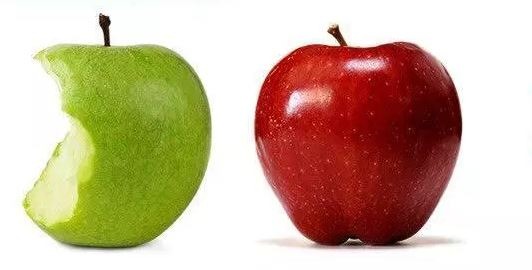Two roads converged at a wood, Robert Frost once wrote, and Airtel wants you to take the road less travelled.
In the data bundle war that has now taken a new frontier, Airtel have scaled the heights of advertising puffery.
Reactions to recent ads, both broadcast and on billboards, have seen the focus turn on the hilarious and seemingly savage nature of Airtel Kenya’s advertising. One can tell, nay be nudged to make a reasonable assumption that the target of their fancy is Safaricom.
It does however also indicate that Kenyans may not be taking the ads as seriously as the competition between the two telcos really is. It is all being taken in with a light touch.
Safaricom leads the telco industry in Kenya, with over 30 million subscribers amounting to almost 67% share of the market. That lead however has been closed down even as the market awaits the merger between Airtel and Telkom.
It is thus no wonder that Airtel’s perceived targetting of Kenya’s telco giant has been met as such. Safaricom dominates, even though it is not a dominant competitor.
In turn, customers have on occasion accused Safaricom of pretty much doing what it wants. Many a gulp of surprise has been occasioned when one buys a data bundle, and after some moments of use receives a message alerting them their data bundle is almost up.
This is what has formed the basis of the new provocative Airtel ads. Using the hashtag #GetWhatYouPayFor, the ‘Smartphone Network’ has been depicting a scenario of already devoured food stuff from a supposed green supplier.
In pitting green versus red, the inference points to Safaricom v Airtel. Here, red is depicted as coming out on top, offering better value and services, offering exactly what the customer paid for. Green represented an already “eaten up” service.
Read: Class seven dropout and the public gaffes that cost him Cabinet job
This may raise questions as to the ethics of advertising, and whether Airtel has overeached in its endeavour to be clever.
It could also be a retelling of the pizza company’s saga in the USA, where Pizza Hut sued Papa John’s Pizza for using a tagline, “Better ingredients, Better pizza.” The tagline, it was argued, clearly pointed to better pizza by Papa John’s in relation to Pizza Hut.
Whereas initially Pizza Hut were awarded damages, subsequent appeals ruled in favour of Papa John’s, terming the tagline “subjective”.
The same case may also be applied here, with Airtel seemingly avoiding the false advertising charge as they do not seem to make a brazen claim about their product.
If Red Bull cannot be expected to give its customers wings, then it may be a bridge too far if Safaricom wants to cry foul.
See Also: Stocks jump to end month on a high













Leave a comment